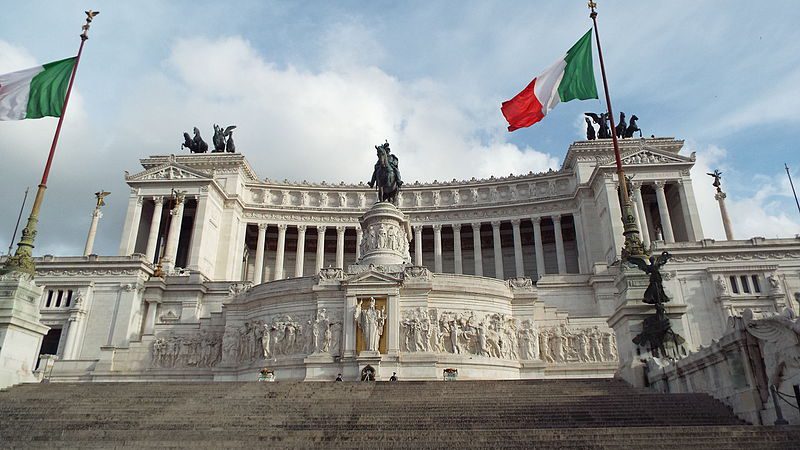
Regional elections were held on Sunday, February 12th, in two of the main Italian regions, Lombardy and Lazio. This intermediate election resulted in a triumphant victory for the coalition of right-wing parties led by Giorgia Meloni, against which no credible opposition has yet managed to organise itself.
The right-wing candidates won a large victory in these two key regions. Lombardy, with its capital Milan, is the richest region in Italy and the most economically dynamic. Lazio, with its capital Rome, is its political heart. The incumbent president of Lombardy, Attilio Fontana, a member of Matteo Salvini’s Lega party, was re-elected with well over 50% of the vote. Lazio, until then in the hands of the Left, was won by Francesco Rocca, supported by all the parties in the right-wing coalition, with a similar score. Symbolically, the left-wing Democratic Party lost the historic centre of Rome—a significant defeat. “Now our goal is to stay in power for ten years,” Rocca asserts.
The president of the council can rightly congratulate herself on this double victory, even if her enthusiasm must be tempered by the abstention figures: almost 60% of voters did not turn out to vote. Thanks to this result, the right-wing coalition is now in charge of 15 of the 20 regions that make up the Italian Republic.
Within the right-wing coalition, the balance of power has not changed much for the moment. Giorgia Meloni’s party, Fratelli d’Italia, is consolidating its dominant position, but its two partners, Salvini’s Lega and Berlusconi’s Forza Italia, still have a say and are not disappearing from the game, as demonstrated by Fontana’s victory in Lombardy. Both Salvini and Berlusconi stressed the importance of unity—and the decisive role played by their respective parties on the road to victory. For the vice-president of the council, Antonio Tajani, the vote is to be interpreted above all as a vote of confidence for the government as a whole.
For the moment, everything seems to be going well for Giorgia Meloni in this first governmental experience. Faced with her, the Left is unable to structure itself and unite effectively. But even if the different left-wing parties had managed to unite for this local election, their combined forces would not have been enough to win. The 5-Star Movement and the Democratic Party are competing to be the first opposition party against Meloni—and thus neutralising each other. Moreover, the Democratic Party is undermined by a deep internal crisis and struggles to renew its political discourse in the face of the new challenges of the time, caught between the centre embodied by Matteo Renzi and the social left of the 5-Star Movement.
At the end of this test election, Giorgia Meloni’s state of grace seems to be confirmed and prolonged in practice.
